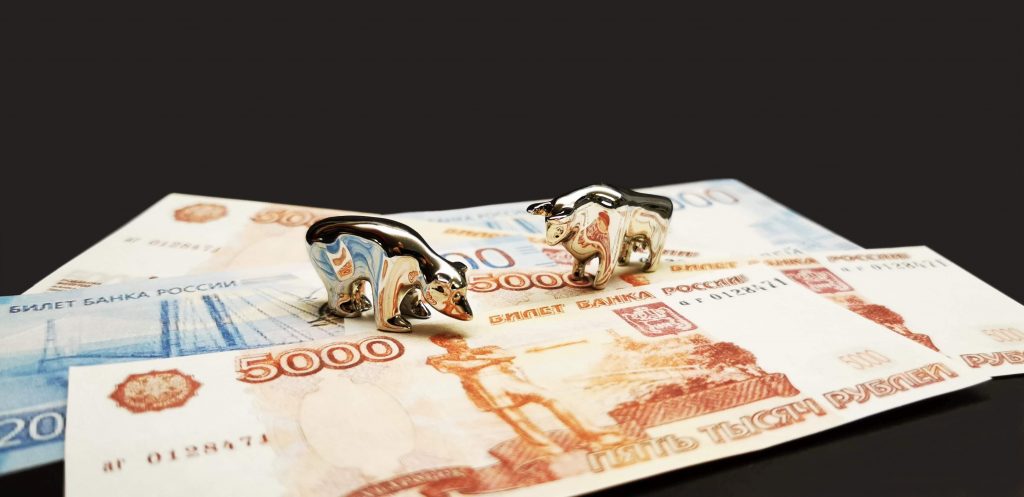Court orders seizure of $440M JPMorgan funds in lawsuit over US-Russia sanctions

A Russian court ordered the seizure of $439.5 million in funds from JPMorgan Chase’s bank accounts in Russia that the largest American lender froze after the Ukraine invasion, according to a court filing.
The court’s ruling Wednesday comes after state-owned VTB Bank filed a lawsuit in a St. Petersburg arbitration court after the Russian bank was hit with sanctions following the invasion.
JPMorgan declined to comment on the Russian court’s interim measures.
VTB did not immediately comment on Wednesday. It has previously declined to comment on its legal disputes with JPMorgan Chase.
The Russian court ordered the seizure of all funds in JPMorgan’s Russian accounts as well as movable and immovable property,” including the banks stake in a Russian subsidiary, according to a court order published by the Arbitration Court of St Petersburg and the Leningrad Region.
The ruling noted that the court had not taken securities and property held by JPMorgan, or the jpmorgan.ru domain.
The next hearing in the Russian case is July 17.
JPMorgan tried to block VTB’s efforts by filing its own suit in New York last week.
In a complaint filed in federal court in Manhattan, JPMorgan described VTB’s attempt to recover the money in Russia as a “blatant breach” of its agreement to have disputes addressed in New York.
Subscribe to our daily Business Report newsletter!
Please provide a valid email address.
By clicking above you agree to the Terms of Use and Privacy Policy.
Never miss a story.
JPMorgan noted in its filing that US law prohibits it from releasing the $439.5 million, and VTB, Russia’s second-largest bank, will try to seize its assets abroad if it prevails in the Russia lawsuit.
It said VTB’s prospects there were good, with Russian courts having granted at least six other Russian banks relief against US and European banks that were required to comply with sanctions laws.
“Thus, JPMorgan is immediately facing a certain Russian judgment exposing its assets to seizure, without timely or assured recourse, simply because it is abiding, as it must, with US law,” JPMorgan’s lawyers said at the time.
The Russian court’s ruling came just after President Joe Biden signed a foreign aid bill into law, giving US officials new powers to locate and seize Russian assets in the US, as well as obtain Russian state assets from European allies to use as aid for Ukraine.
Biden’s administration has said that it already has a $1 billion military aid package for Ukraine in the works — the first sourced from the bill, two US officials told Reuters.
It includes vehicles, Stinger air defense munitions, additional ammunition for high-mobility artillery rocket systems, 155 millimeter artillery ammunition, TOW and Javelin anti-tank munitions and other weapons that can immediately be put to use on the battlefield, the officials said, speaking on condition of anonymity.
However, the bill must first jump its last hurdle — final approval in the Senate — before the Biden administration will send any additional aid, though its nearly guaranteed to pass.
Biden has asked for Congress to pass a much larger, $60.8 billion in aid to Ukraine, but the initiative stalled when Republicans in the House of Representatives refused to move the measure forward for months.
In response to the expected renewed US aid, Russian Defense Minister Sergei Shoigu on Tuesday said Moscow would increase the intensity of attacks on logistics centers and storage bases for Western weapons in Ukraine, according to the ministrys Telegram channel.
Noting the desperate situation, Ryder said the Pentagon would do everything we can to lean forward, employ [our] robust logistics network capability, employ the relationships that weve built with our international allies and partners to get a [package] there quickly.
Needless to say we understand the importance and the urgency and are doing everything we can to be poised to respond quickly, he added.
With Post wires

